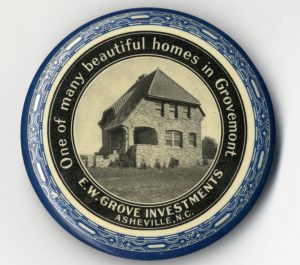“In Wayne County, N. C., a depressed farmer cut off the rear end of his ‘disused’ automobile, fastened shafts to the axle, backed in a mule, went riding…. Soon the roads of eastern North Carolina were overrun with similar vehicles pulled by mules, horses, oxen, goats or a pair of husky boys. North Carolinians, many of whom had been Hoovercrats in 1928, transposed two letters of the term, called their conveyances Hoovercarts.
“In Goldsboro, one Gene Roberts, newshawk, promoted a Hoovercart Rodeo as a publicity stunt. Goldsboro entertained its biggest crowd since William Jennings Bryan spoke there 34 years ago. Some 400 Hoovercarts paraded through the town…. Filling stations did their best day’s business in many a month — selling hay….
“[Soon after] rodeos and parades were held in Oxford (469 entries), in Roxboro, Kinston and Wendell….”
— From Time magazine, Oct. 10, 1932
Sunday night gave me the opportunity not only to see my old friend Ed Williams inducted into the North Carolina Journalism Hall of Fame, but also to inquire about a longtime curiosity of mine: Who named the “Hoover cart” (the more common spelling), that emblematic vehicle of the Great Depression?
Gene Roberts, a Wayne County native who went on to a Pulitzer-studded newspaper career, told me the coinage in fact belonged to his father, Eugene L. Roberts Sr., Time’s aforementioned “newshawk,” who combined preaching with publishing the weekly Goldsboro Herald.
The Depression eventually ended, but the Hoover cart lived on, at least in political rhetoric….
“Nowhere in the United States this year have I seen a single exhibit of that famous North Carolina farm invention — that product of ingenuity and hard time, of personal despair and political mockery — the Hoover cart….
“First you had the Hoovercrats, and then you had the Hoover carts. One always follows the other.”
— President Truman, giving ’em hell in a campaign speech at the N.C. State Fairgrounds, October 19, 1948
The credit line on this photo of Truman admiring a Hoover cart will surprise no reader of the Miscellany or A View to Hugh.
Democrats in Eastern North Carolina were still getting mileage out of the Hoover cart even as late as 1952.


